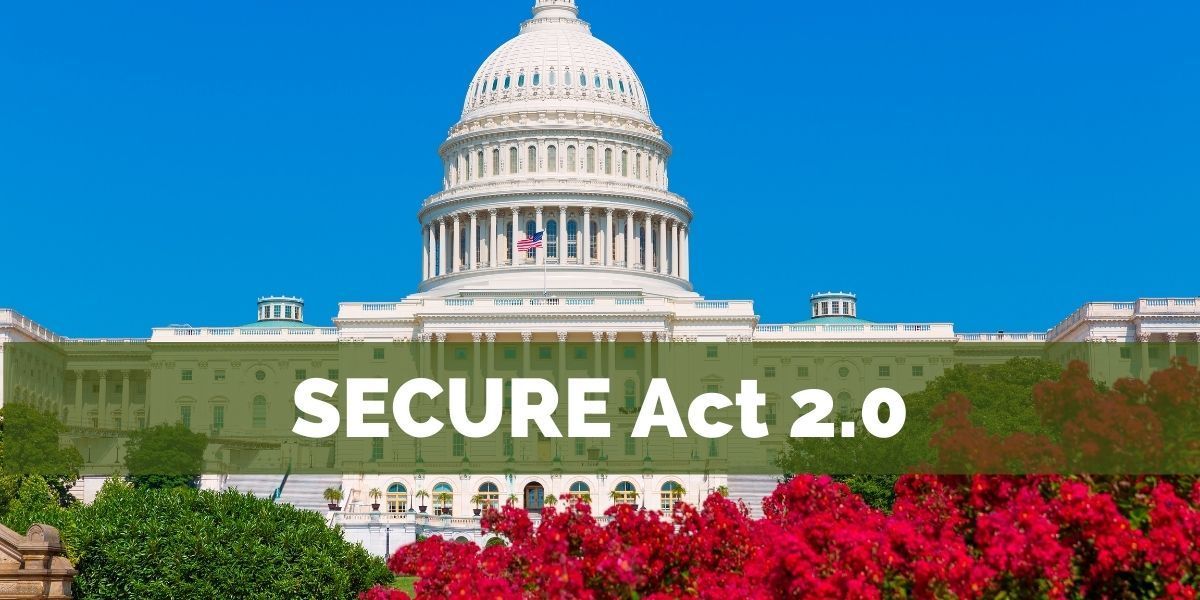Episode 116: 4 Steps to Help You Plan Ahead for Taxes in Retirement
Today’s Prep:
Have you given much thought to taxes in retirement? What can you do to prepare effectively for what the future may hold?
Equipping Points:
As the national debt continues to rise, you can likely expect taxes to go up in the future. What can you do now to prepare? While we don’t know whose taxes will raise or by how much, you can take certain steps to diversify the types of funds you have and ways to strategize so that you have choices in retirement.
David talks about the different accounts that people have to invest in and withdraw from. There are really four types of accounts available: tax-deferred, tax-free, taxable, and then your HSA. Which of these accounts do you have now?
How much should you put in your 401(k) or IRA? To start, if your employer offers a 401(k) and there is a match, always contribute at least up to the match. Generally speaking, if you’re in a lower tax bracket, you should consider maxing out the Roth 401(k) or Roth IRA. If you find yourself in a middle tax bracket, such as 22 or 24 percent bracket, it’s hard to predict whether your taxes will be higher or lower in retirement. What should you do then? What about if you’re in a higher tax bracket?
After you’ve contributed into accounts like your 401(k) and Roth IRA, you may put money into a general stock account. The more money you make, the more homes you need to find for your money. Whether that’s through a bank account, stock, or bond, you can buy, sell, or withdraw it with no penalty. It is subject to taxes as a taxable account, but there is no required minimum distribution ever.
If you have a high-deductible health plan, you need an HSA. Sometime between now and your death, you’ll have health-related expenses and that is a perfect account to pull from. You get a tax-deduction now, it grows tax-free, and you can withdraw from it for healthcare expenses–at any age–tax-free.
Don’t forget about the time after you retire, but before your required minimum distributions start, it might make a ton of sense to do a Roth conversion. Instead of paying extra in taxes, consider the things you can do today that will mean paying less in the future and have more for you and your family.
Today’s Takeaway:
“The better you do for yourself, you’ve got to find homes–financial homes–for more money as you make it.”
– David Dickens
KC Financial Advisors Blog














